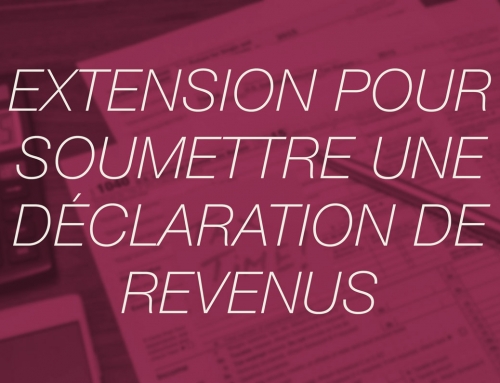In my last update, I wrote about the American Taxpayer Relief Act, the eleventh-hour Fiscal Cliff compromise legislation, which narrowly avoided the return of U.S. estate tax for owners of US properties dying with a global estate worth more than $1 million. It was great news, especially for Canadian Snowbirds and real estate investors looking to take advantage of US real estate prices without jeopardizing the Canadian inheritances destined for their children.
But, as we say, the only sure thing in tax law is that the rules will change eventually. True to form, the latest budget proposal from the US government is suggesting changes that could have significant implications, both for Canadian Snowbirds and US citizens living in Canada. In particular, the ‘permanent’ $5 million estate tax exemption amount is back in play, and major changes in the treatment of certain trusts are proposed.
US Estate Tax: Lower Exemption and Higher Rates
Similar to the (pre-Fiscal Cliff) 2013 Budget Proposal, an exemption amount of $3.5 million is proposed for the estate tax, with no indexing for inflation in future years. Under current law, the 2013 exemption amount is $5.25 million and will increase with inflation indefinitely. Furthermore, if the proposals are made law, the maximum rate would climb from 40% now to 45% under the new rules. The lower exemption amount would cast a considerably wider net, causing many Canadians to find their estates writing sizable cheques to the IRS instead of their grand-children’s tuition funds.
The proposed changes would also uncouple gift and estate taxes, decreasing the gift tax exemption to a mere $ 1 million. This change does not affect Canadians, who are only entitled to the annual exclusions of $139,000 for gifts to a spouse or $14,000 to anyone else. However, US citizens living in Canada need to be aware of this possible change, as it would limit their ability to implement wealth transfer strategies during life to mitigate their US estate tax liability.
Grantor Trust Planning: “Fixing” the Intentional Defects
Another significant proposal would eliminate the ability to take lawful advantage of “Intentionally Defective Grantor Trusts” (“IDGTs”). These sophisticated estate planning trusts are deemed to be owned by the person who donates property to them for income tax purposes, but are seen as separate entities for estate tax purposes. This means that, under the right circumstances, assets can be transferred to the trust without US tax consequences (i.e. no capital gains tax) but when the donor passes away, they are not included in his or her taxable estate. If structured properly, IDGTS can be very effective for transferring significant wealth to future generations with a minimum of estate tax payable.
In a related proposal, minimum terms would be imposed on Grantor Retained Annuity Trusts (GRATs). These trusts reduce the taxable value of a gift to a trust by reserving a yearly guaranteed payment to the Grantor for a defined period of time. The present value of such annuity payments is subtracted from the amount donated to result in as little as no tax payable. Of course, when the transferred assets grow faster than the annuity depletes them, the result is a tax-free gift to the kids – but only if you survive the term. Now, Treasury is proposing a ten year minimum term, increasing the chances of passing away before the full benefit can be realized.
Good Advice is the Key
All the proposed changes described here may or may not become law. Even if they are passed by Congress, each proposal has a specific timeline. For example, the reduced estate tax exemption would only apply after 2017, while the trust reforms would be effective in 2014. In the ever changing landscape of tax law, staying current is crucial to designing and implementing a plan that works for your family. It is never too early to begin succession planning, and a consultation with Altro LLP can help ensure that opportunities are seized before it is too late.
The information contained herein is for informational purposes only, and is not legal advice or a substitute for legal counsel. It is not intended to be attorney advertising or solicitation. If you have a legal question, please consult with a licensed attorney.












